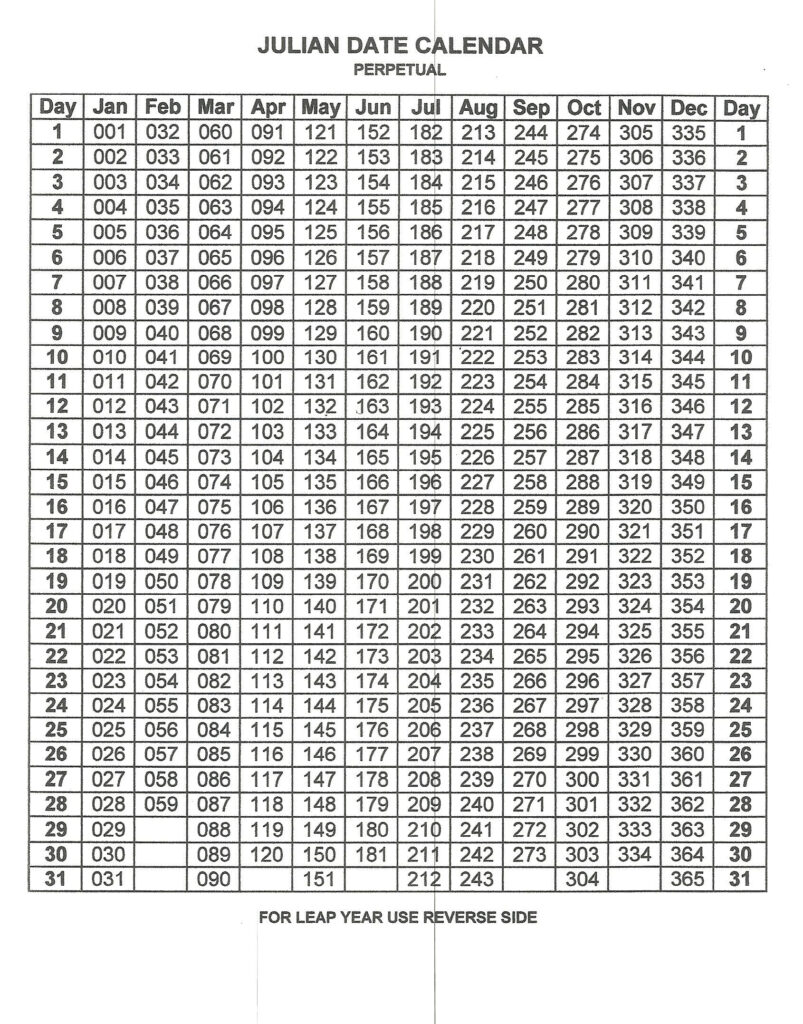The Julian calendar was introduced by Julius Caesar in 46 BC to reform the Roman calendar. It was based on a 365-day year with an extra day added every four years to account for the extra time it takes for the Earth to orbit the sun. However, this system wasn’t entirely accurate and over time, the calendar fell out of sync with the seasons.
While the Julian calendar served as an improvement over previous calendar systems, it still had its flaws. The calendar year was about 11 minutes and 14 seconds longer than the solar year, causing a discrepancy that accumulated over centuries. This discrepancy eventually led to the adoption of the Gregorian calendar in 1582 to correct the inaccuracies of the Julian calendar.
Is The Julian Calendar Accurate
Conclusion
In conclusion, the Julian calendar served as a significant advancement in timekeeping when it was introduced by Julius Caesar. However, its inaccuracies over time led to the adoption of the Gregorian calendar, which is the calendar system used by most countries today. While the Julian calendar may not be accurate in terms of tracking the solar year, it still holds historical importance and significance in the development of modern calendars.
